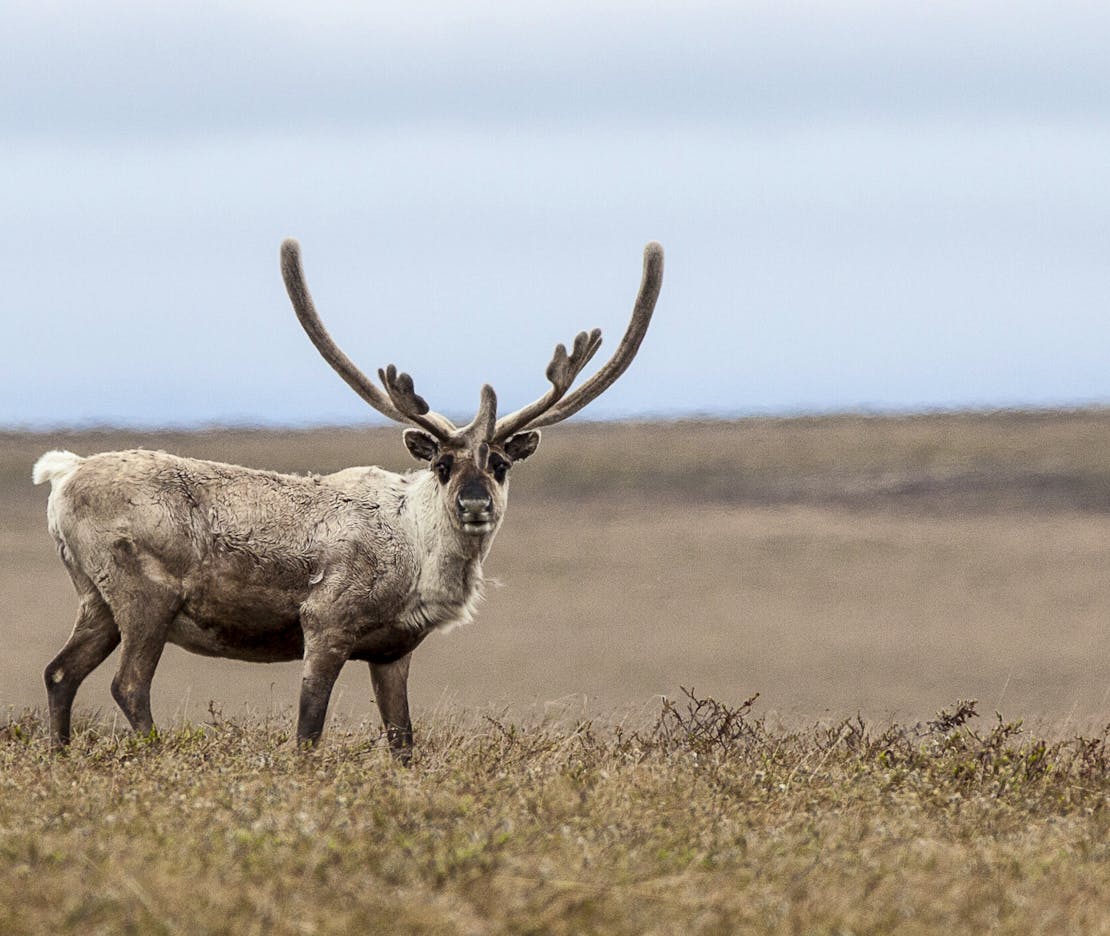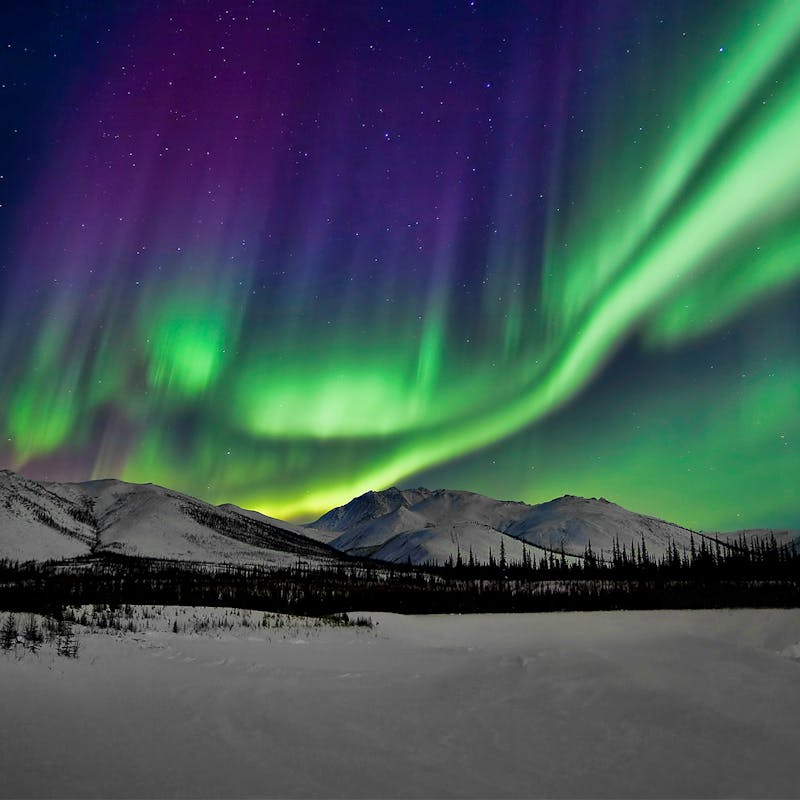TweetNo single imminent oil and gas project on federal public land has the potential to set back the Biden’s administration’s climate and public lands goals more than ConocoPhillips’ Willow project.
Today, more than 200,000 comments from throughout Alaska and across the country were submitted to the U.S. Interior Department and Bureau of Land Management opposing the Willow oil and gas project and calling on President Biden to protect the Western Arctic. In addition, 140+ organizations submitted a letter directly to Interior Secretary Deb Haaland opposing the project, noting that the “reassessment of and response to this damaging proposal will be a significant test of this administration’s commitment to bringing the management of our nation’s public lands into line with the urgent need to combat the climate crisis and your goal to preserve 30 percent of our nation’s public lands by 2030.”
Defenders of Wildlife joined with Alaska Wilderness League, Audubon Alaska, Conservation Lands Foundation, Earthjustice, Environment America, Evergreen Action, Friends of the Earth, League of Conservation Voters, Northern Alaska Environmental Center, Trustees for Alaska, and the Wilderness Society to release the following statement as the project scoping period comes to a close:
“No single imminent oil and gas project on federal public land has the potential to set back the Biden’s administration’s climate and public lands goals more than ConocoPhillips’ Willow project. Willow is estimated to add more than 260 million metric tons of CO2 to the atmosphere over the next 30 years, equivalent to the annual emissions from one-third of U.S. coal-fired power plants or 56 million vehicles. It will be next to impossible to achieve the president’s climate goals if this project and the additional development it will spur moves forward.”
“Willow’s climate impact will be amplified by its location in Alaska’s Western Arctic, the cultural homeland and subsistence area for many Alaska Native communities that rely on the region’s lands, wildlife, and clean water. The project will have significant impacts in particular on the Teshekpuk Lake Special Area, one of the most productive wetland complexes in the Arctic and important calving grounds for the Teshekpuk Lake caribou herd, a significant subsistence and food security resource for communities on the North Slope. Willow presents both near-term and long-term threats to subsistence resources in a region already on the front lines of climate change. Jeopardizing Western Arctic ecosystems will put all of its inhabitants at risk.”
For over 75 years, Defenders of Wildlife has remained dedicated to protecting all native animals and plants in their natural communities. With a nationwide network of nearly 2.1 million members and supporters, Defenders of Wildlife is a leading advocate for innovative solutions to safeguard our wildlife for generations to come. To learn more, please visit https://defenders.org/newsroom or follow us on X @Defenders.
Media Contact
News

Colorado Announces No Wolf Release This Winter





